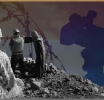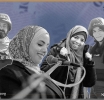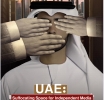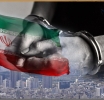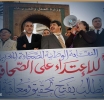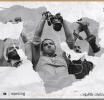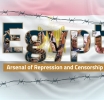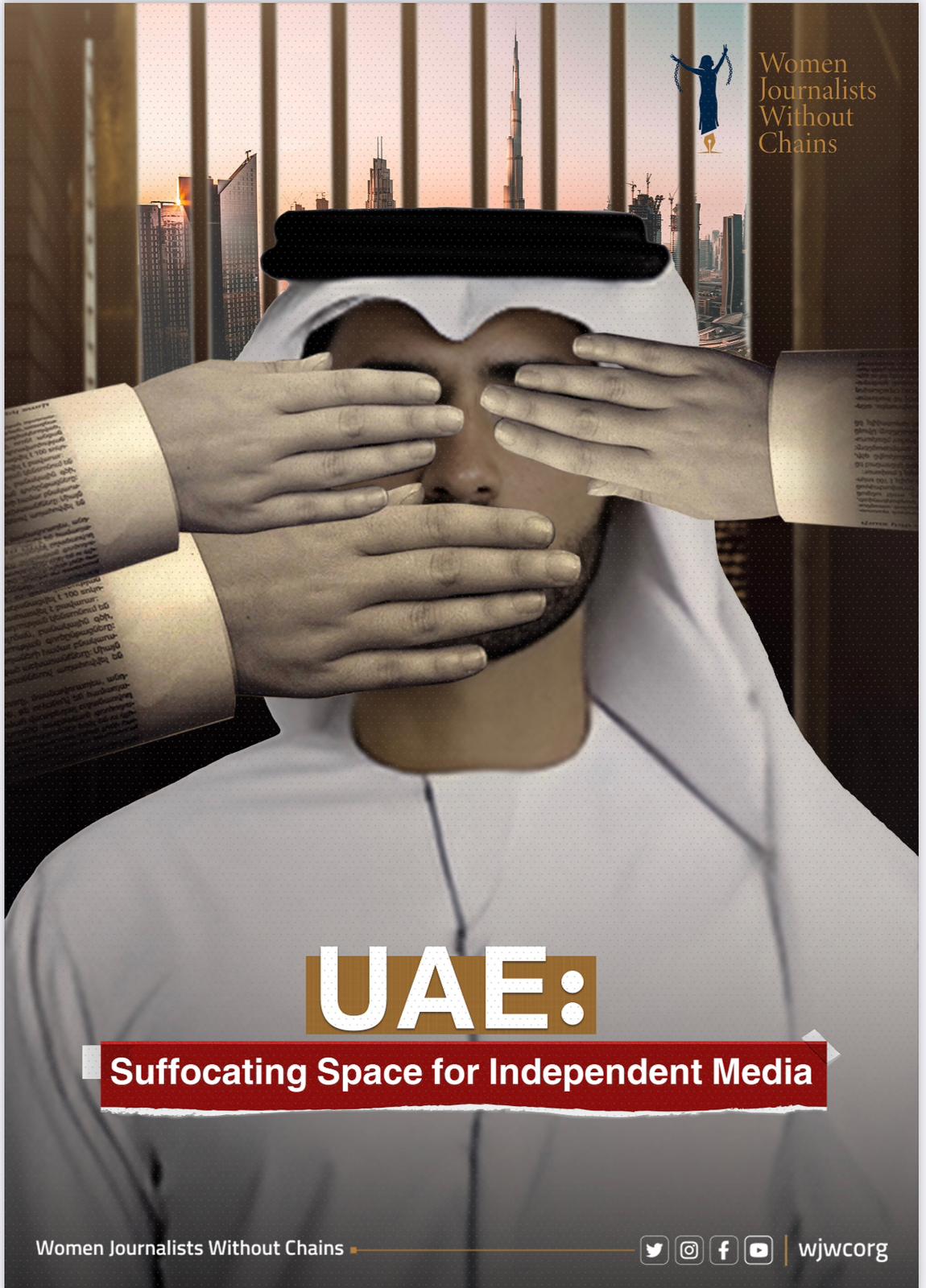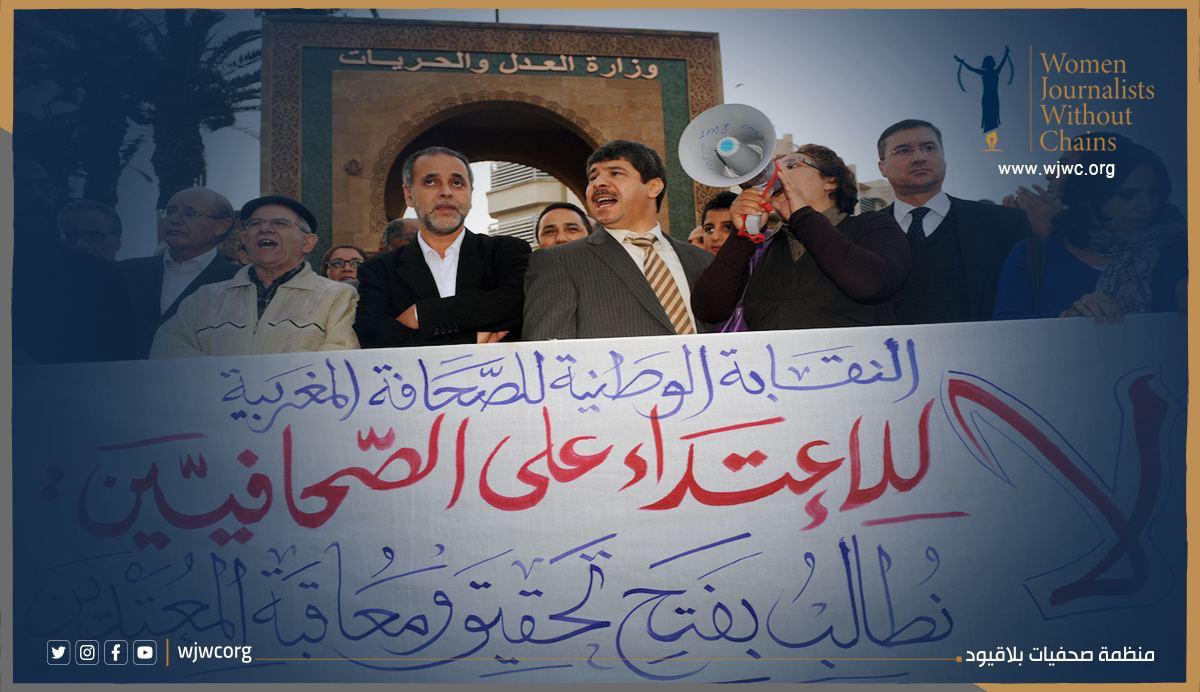In an alarming revelation, the Israeli government stands accused of orchestrating the largest killing of journalists in modern history.
This distressing episode transpired over fifty days of operations in the Gaza Strip, from October 7 to the first day of the truce on November 24. The conflict ignited when the Islamic Resistance Movement (Hamas) launched an attack on the occupied territories, resulting in the reported death of 1,200 people, as disclosed by Israeli authorities.
In response, the Israeli government declared war on the Gaza Strip, resulting in the devastating loss of over 14,000 Palestinian lives, predominantly women and children. Among the casualties were 62 male and female journalists in the Gaza Strip, with an additional 3 in southern Lebanon. Israel asserts that four journalists lost their lives on the day of the initial Hamas attack.
The monitoring unit of Women Journalists Without Chains confirmed the killing of 62 male and female journalists in the Gaza Strip and southern Lebanon. However, the unit faced challenges in verifying the reported killings of Israeli journalists. Reporters Without Borders has taken a significant step by filing a lawsuit before the International Criminal Court, addressing the deliberate targeting of numerous journalists in Gaza. Additionally, the legal action pertains to the death of an Israeli journalist, who was killed while covering events in a kibbutz on the day of the Hamas attack.
In the critical week preceding the commencement of the truce, spanning from Saturday to Friday, November 18-24, the Women Journalists Without Chains organization meticulously documented the distressing loss of 15 male and female journalists in Israeli attacks and bombings. This harrowing toll included 13 journalists in the Gaza Strip and 2 in southern Lebanon. The truce officially began on Friday, November 24, marking a momentary pause in the violence. As of this date, the total count of male and female journalists killed reached 59 in Gaza and 3 in southern Lebanon, a tragic toll confirmed by the monitoring unit of Women Journalists Without Chains.
In contrast, the Palestinian Journalists Syndicate reports a higher figure, asserting that 62 male and female journalists had lost their lives as of November 20 in the Gaza Strip alone. Alongside the grim statistics, the organization received distressing reports of two journalists gone missing and the arrest of 29 journalists in the West Bank. Notably, November 18 emerged as the deadliest day, witnessing the tragic demise of six journalists, indicative of an alarming continuation of systematic crimes against journalists throughout the fifty-day war.
The Monitoring Unit also observed a disturbing trend wherein Israel imposed repercussions on the families of journalists, exacting a toll for their coverage of the war and journalistic endeavors. Since October 7, several journalists' families have tragically lost members, exemplified by the families of "Mansour Al-Sawaf," "Amal Zuhd," "Alaa Al-Hasanat," and "Ayat Khadoura" who were killed in the week leading up to the truce. Additionally, some families, such as those of "Mahmoud Sabah" and "Amjad Abu Sharia," suffered injuries.
The gravity of the situation extends to threats directed at journalists and their families, with eight members of Yasser Qudeih’s family falling victim shortly after "HonestReporting," an Israeli media advocacy group, questioned his coverage of the Hamas attack on October 7. Journalist "Qudeih" and several photographers contributing to Reuters, Associated Press, the New York Times, and CNN were specifically targeted. In the week preceding the truce, numerous journalists, including Anas Al-Sharif reporting for Al Jazeera, reported receiving threats from Israeli officers, urging them to halt their coverage of the Israeli war on the Strip.
Journalists and their families in conflict or war zones are afforded protection under international law, with any targeting of them during such conflicts being designated as a war crime, as outlined by Article 79 of Protocol I of the Geneva Conventions. This protocol recognizes journalists engaged in "dangerous professional missions" as civilians. While Israel is not a signatory to Protocol I, Palestine and Lebanon are bound by its provisions.
The violation of this principle constitutes a clear breach of United Nations Security Council Resolution 2222, which emphasizes the imperative to safeguard journalists and affiliated individuals as civilians. The United Nations Independent International Commission of Inquiry on the Occupied Palestinian Territory has previously issued reports documenting war crimes committed during this conflict.
The Israeli army has declined to furnish assurances regarding the safety of journalists operating in the Gaza Strip. In a letter dated October 27 addressed to Reuters and Agence France-Presse, the Israeli military explicitly stated, "It cannot guarantee the safety of their journalists working in the Gaza Strip." This communication transpired following requests from the two news agencies seeking guarantees that their journalists would not be targeted by Israeli strikes.
Israel's disregard for international laws during the conflict, particularly in failing to safeguard and prevent the targeting of male and female journalists in the Gaza Strip, poses a significant threat to the rules-based global order. This constitutes a scandalous departure from the standards expected of a country that identifies itself as an ally of the West and positions itself as a model democratic state in the region. The breach of these principles undermines not only the credibility of Israel's commitment to democratic values but also erodes the foundations of the international system based on established norms and regulations.
Journalists operating in the Gaza Strip encountered severe peril while covering the Israeli ground offensive and the escalation of the most lethal air strikes, power outages, disruptions in communication, transportation difficulties, and a broader denial of entry for humanitarian supplies.
During the occupation, a significant number of media headquarters in the Gaza Strip were destroyed, with the organization's unit documenting the destruction of 50 headquarters within the first two weeks of the aerial bombardment. Male and female journalists sought refuge in hospital courtyards and operated from tents, which unfortunately were not spared from subsequent bombings and invasions.
Women Journalists Without Chains holds the belief that the tragic killings of journalists occur as a direct consequence of their unwavering dedication to their professional responsibilities, regardless of their gender. They strongly critique Israel for its actions, citing it as a prime example of the severe brutality exhibited by war authorities towards press institutions and their workers, particularly when Israel enforces a blackout on the dissemination of facts and the exposure of the crimes it has committed.
In this context, the organization expressed, "Journalists, both male and female, in the Gaza Strip valiantly pay a heavy price to convey the facts to the world. They document crimes with high professionalism, despite the capabilities and obstacles imposed by the occupation in targeting journalists and their families."
Additionally, it emphasized, "What happened to Palestinian journalists within five weeks is horrific and horrifying to the journalism community in the region and the world. It is the largest murder in modern history. Never before has this number of journalists been killed in such a short time, and it exceeds the number of journalists killed in the world during the year 2022, in which 42 male and female journalists were killed. It is also three times the number of Ukrainian journalists killed after the Russian invasion, where they were killed 17 (2022-2023)."
The organization strongly emphasized the urgent need to reject the killings of male and female journalists, highlighting that each journalist represents a unique story and demanding that the perpetrators of this egregious massacre be brought to international courts to face justice for their war crimes.
Women Journalists Without Chains remains steadfast in its commitment to vigilantly monitor violations in Israel and Palestine, employing a meticulous verification process that incorporates the organization's sources, media reports, and firsthand accounts from journalists' relatives.
With a team comprising male and female journalists engaged in news gathering and commentary amidst conflict, the organization's monitoring unit substantiates the grim reality that certain journalists, regardless of gender, have tragically lost their lives while covering the conflict or due to circumstances directly associated with their professional duties throughout the course of the war.
In addition to the recommendations outlined in its report published on October 19, the organization asserts the following demands:
Firstly, the global community must take immediate and decisive action to provide protection for the remaining male and female journalists in the Gaza Strip, Palestinian territories, and southern Lebanon.
Secondly, justice must be swiftly and resolutely pursued for the victims. Those responsible for unleashing lethal force against male and female journalists, as well as press and media institutions in Gaza, must face accountability without evasion. The organization emphasizes that Israel's ongoing systematic killings persist due to the perceived impunity of its leaders. Immediate measures are imperative to address this grievous situation.
Thirdly, the United States, the European Union, and nations dedicated to upholding the rules-based global order should apply concerted pressure on the Israeli government. This pressure should compel a commitment to preserving freedom of the press, ensuring the safeguarding of journalists, and unequivocally condemning the targeted killings of journalists. Moreover, a critical demand involves the repeal of all laws and decisions enacted by Israel, including the notorious "emergency regulations" deployed under the pretext of "restricting aid to the enemy through media channels." These regulations endow Israel's Communications Minister, Shlomo Karei, with the authority, in consultation with the Minister of National Security, to issue arrest warrants against individuals publishing content that "could harm the fighting spirit of Israeli soldiers and citizens in the face of the enemy." Additionally, these regulations confer the power to shut down media outlets and boycott broadcasts, extending even to Israeli newspapers. This was evident in Karei's call on November 23 to penalize Haaretz newspaper and cease subscriptions, citing allegations of spreading defeatist and false propaganda and incitement against the State of Israel.
Fourthly, international organizations and institutions focused on freedom of the press must vehemently condemn these crimes and collaboratively strive to attain justice for the murdered journalists. There should be no tolerance for the systematic and horrifying targeting of journalists, and the stories of these heroic individuals must remain in the forefront, demanding global attention and action.
Journalists Killed in the Week Preceding the Truce (November 18-24, 2023)
Friday, November 24:
- Journalist Amal Zuhd and several of her family members lost their lives in an Israeli bombing that struck her home in Gaza City just hours before the commencement of the truce.
- Mustafa Bakir, a photojournalist for Al-Aqsa TV, succumbed to injuries inflicted during an Israeli bombing targeting his house two days prior.
Thursday, November 23:
- Photojournalist Mohammed Moein Ayyash and several of his family members lost their lives in an airstrike by the occupying forces on his residence in Nuseirat, central Gaza.
Wednesday, November 22:
- Journalist Assem Al-Barash, affiliated with Palestinian Al-Rai Radio in Gaza, was fatally shot by an Israeli sniper in the Al-Saftawi area in the northern Gaza Strip.
Tuesday, November 21:
- Reporter Farah Omar, photojournalist Rabie Al-Maamari, and their colleague, Hussein Aqeel, from Al-Mayadeen TV, were killed in a direct Israeli raid targeting the channel's crew in the town of Tair Harfa, southern Lebanon. This occurred approximately an hour after Farah's appearance on the channel.
- Journalist Mohammed Nabil Al-Rizq of the Quds News Network lost his life during the ongoing raids by Zionist occupation forces on Gaza City.
Sunday, November 19:
- Journalist Bilal Jadallah, Chairman of the Board of Directors of the Press House, was killed in the Zaytoun area of Gaza City while in his car. He was reportedly killed by an Israeli tank shell, according to his relatives, health officials, and medics.
- Journalist Alaa Taher Al-Hasanat, a journalist and presenter for Al-Majdat Media Network, lost her life, along with several family members, in the bombing of her home in the Bureij refugee camp in central Gaza.
- Journalist Ayat Khaddura, an independent journalist and podcast host, was killed, along with several family members, in the bombing of her home in Beit Lahia, northern Gaza.
Saturday, November 18:
- Journalist and political analyst Mustafa Al-Sawaf, along with members of his family, was killed in an Israeli bombing targeting his house. His two sons, Montaser (a photographer with Anadolu) and Mohammed (a director at Alef Multimedia), were injured in the attack.
- Photojournalist Amr Abu Hayya, an engineer in the broadcast department of Al-Aqsa TV, lost his life in the bombing of his home in Gaza.
- Photojournalist Musaab Ashour, employed at the University of Applied Sciences, was announced dead after his body was discovered in a bombing a few days earlier in the Nuseirat market.
- Journalist Abdel Halim Awad, an employee of Al-Aqsa TV, was killed on November 18 in an airstrike on his home in the Gaza Strip.
- Journalist Sari Mansour, Director General of the Independent Quds Agency, was killed while wearing a journalists' protective vest during an Israeli bombing in the Bureij camp.
- Photographer Hassouna Aslim, a photographer at Quds Agency, was killed in the bombing of Al-Bureij Camp, along with his colleague Sari Mansour.
Issued by:
Women Journalists Without Chains
November 25, 2023

 En
En  Ar
Ar 